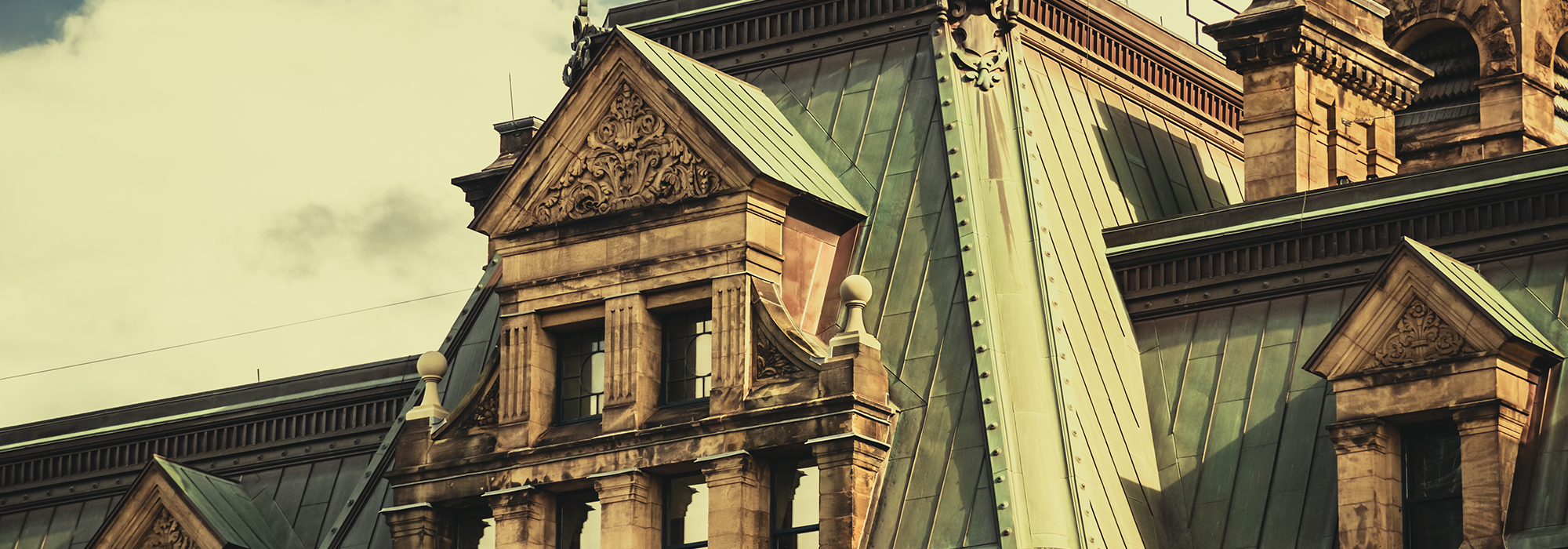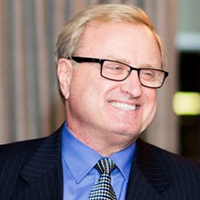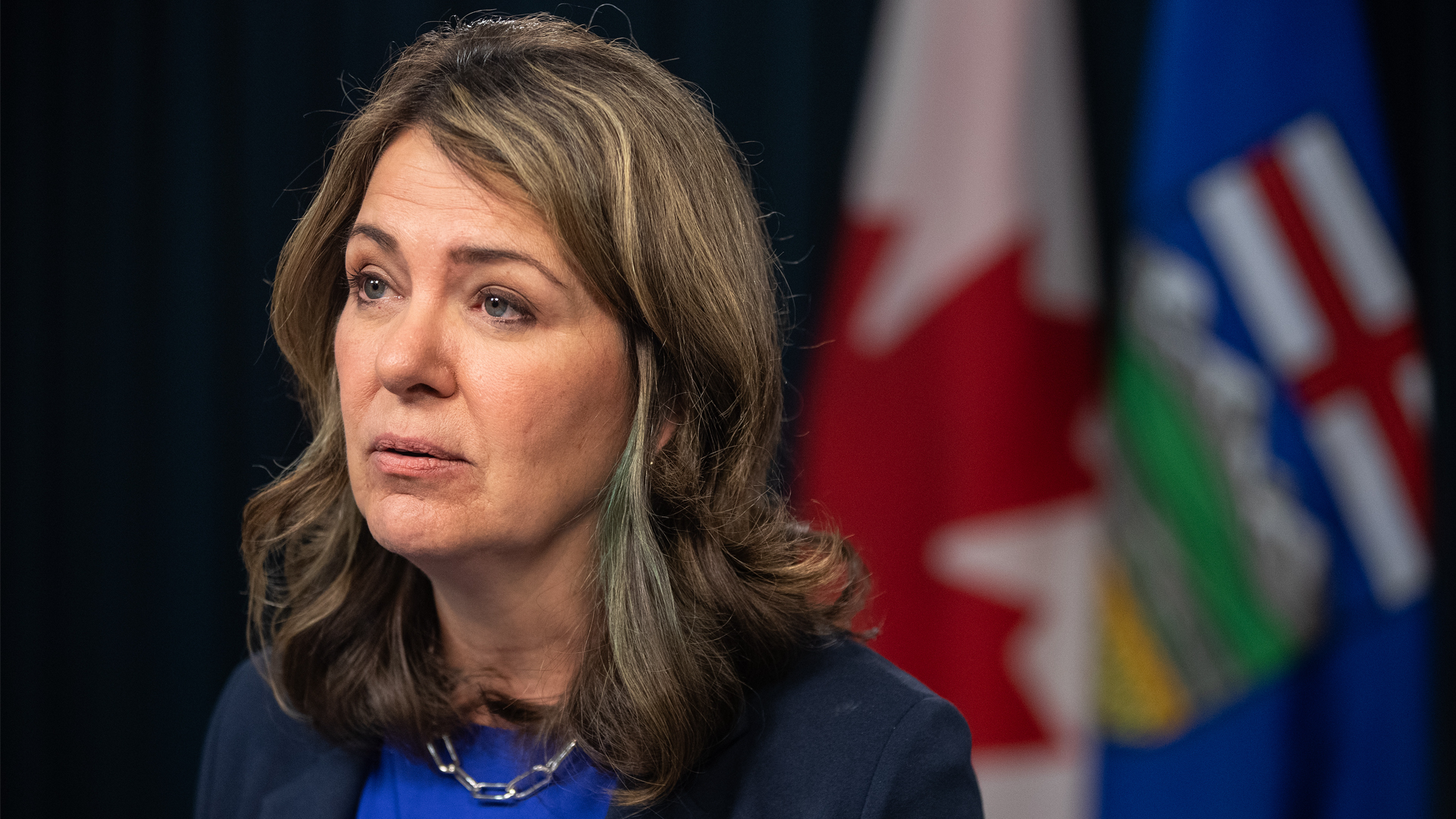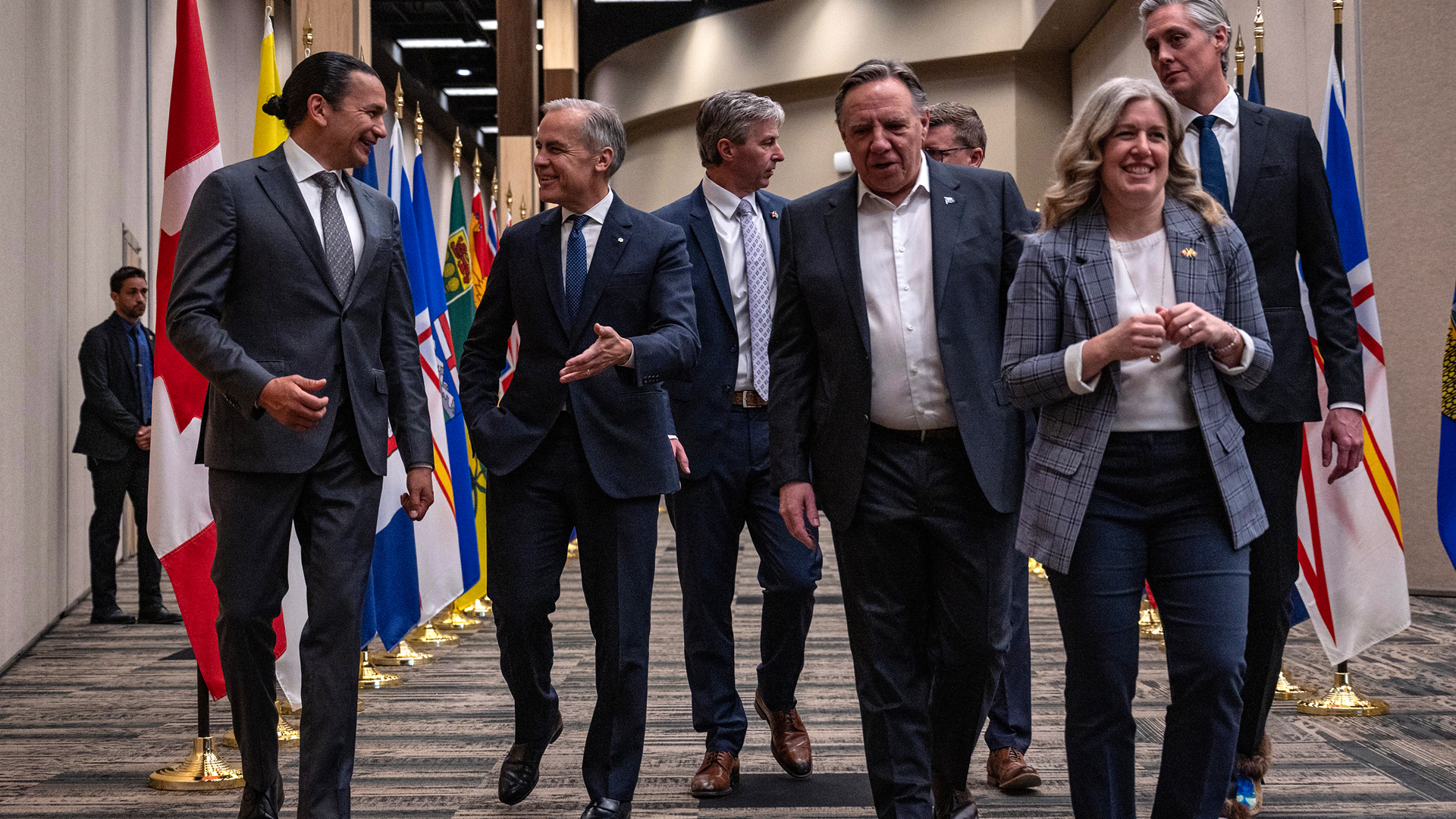
One of the thorniest challenges in the world is making sense of its disruptiveness. Managing public expectations is not getting any easier. The world is changing at an alarming pace, and public confidence in politicians is sinking. How can we therefore strengthen Canada’s political system?
Let’s start by recognizing that Canada enjoys a relatively healthy democracy. We have challenges, but consider the Canadian reality. We have
- a strong rule of law
- a Charter of Rights and Freedoms
- independent institutions
- reliable election results
- a body politic that avoids extremes
- stringent caps on political contributions
- a free media
Compare our situation with that in the US, where extremely polarized divisions, controversial policy issues that never fade, and a financially corrosive political arena have created a highly toxic and dysfunctional environment.
So here in Canada we need not tear everything down. Instead, we should strive to make a good system better.
- Upgrade our political culture
Political behaviour is often cheap and off-putting. The US has a political culture that is stronger and more mature. American politicos go after their president fiercely, but their attacks rarely trash the office of the presidency.
In Canada, the Prime Minister’s furniture is rarely spared!
Consider the rather childish questions in our Question Period, when prime ministers of all political stripes are constantly asked about the use of the Challenger fleet. The Opposition demands to know why the PM did not travel commercial, what the trips cost, and who the other passengers were. Once, a Liberal MP asked Brian Mulroney what wine was served!
By contrast, when Canada hosted APEC in 1997 entire hotel was provided to US President Clinton. His delegation numbered over 1,500 people, and he travelled with two 747s, his Washington limo, and considerable military hardware. No one in Washington complained.
But it’s about more than just airplanes.
- Former US presidents raise millions of dollars to build their presidential libraries and, again, there are no complaints.
- Former US presidents collaborate with one another. Bill Clinton, who defeated George H.W. Bush in the 1992 election, went on later to play golf with him. And in 2006, after the devastation of Hurricane Katrina, they joined forces to raise $130 million for assistance. George W. Bush hosted a meeting of former presidents to brief then president elect Barack Obama in 2008. It’s a tight club. In Canada, former prime ministers barely talk to one another.
- The US Congress annually holds the State of the Union Address. We don’t.
- Presidential transitions are rife with pomp and ceremony that engages citizens. Ours are a one-day story.
In short, we need to raise our political game. Prime Minister Justin Trudeau, before and during the 2019 election, referred to the need for doing politics differently. He’s right. But now he and his colleagues need to walk the talk. They could start with improving the decorum in Parliament by holding more meetings among party leaders, not allowing MPs to denigrate other political offices during Question Period, agreeing on the future of 24 Sussex, and encouraging the sitting prime minister to regularly ask former prime ministers for advice and engagement. The current minority Parliament offers an opportunity to find some common ground.
- Encourage more Canadians to consider public service
Because our politics has degenerated over the years, many Canadians who want in principle to give something back are taking a pass. I have met with a number of them. They don’t want their lives to become an open book. Nor do they wish to risk their hard-earned reputations. This diminishes our talent base and undermines the revitalization of our politics.
We must inspire Canadians to engage in public service, not scare them off! To do this, we need to improve the political landscape.
- Give MPs greater freedom
Power has become too concentrated in the Prime Minister’s Office. Members of Parliament are often treated as mere chess pieces to be moved around at will.
Canadians mostly cast their votes based on how they regard party leaders, party affiliations and party policy. Local candidates are the last factor they consider. Elected representatives must respect the party program they promoted during the election campaign. Otherwise, there is a risk that Parliament will start to function like a city council led by independent councillors.
There are several ways the grip of the Prime Minister’s Office can be loosened, including
- more free votes
- more parliamentary debates on national and global issues
- more private members’ bills
- more latitude to ask questions during Question Period
- greater independence for parliamentary committees
In empowering MPs, we will strengthen the voices of the Canadians who elected them.
- Preserve cabinet solidarity
The prime minister should not treat ministers like chattel, but cabinet unity is essential to good governance. Ministers have many opportunities to voice their concerns in cabinet and cabinet committees. They can also use caucus meetings to speak to colleagues about concerns. As well, ministers are in constant touch with the prime minister, and they have easy access to senior mandarins.
I disagree with those who call for a loosening of cabinet solidarity. Once a cabinet decision is taken, ministers should fall in line so as to not jeopardize the governance of the executive. I am old school: if ministers are not prepared to support cabinet decisions, they should resign.
- Abolish the Monarchy
The Monarchy has become obsolete. It lacks relevance for a modern society. From a nation-building and sovereignty perspective, it’s time to move on. Our flag, anthem and Constitution are now a great source of pride, although they once were a source of conflict. Over time, freeing ourselves from the Monarchy would also be seen as a powerful symbol of our nation’s independence.
Let’s have all parliamentarians elect our governors general, so they would serve as a true head of state, not some messenger of a queen or king in the UK. This would strengthen the position and would represent a made-in-Canada-for-Canadians model. It would also be more democratic; currently the prime minister alone appoints the GG.
- Keep the Senate
Many favour the abolishment of the Senate. True, the past behaviour of some senators (Mike Duffy, Pamela Wallin and Don Meredith, for example) has been disgraceful and has led to a hemorrhaging of public confidence. I get that. However, we should consider the valuable role the Senate can play. Senators offer House initiatives a sober second look, and they can amend and improve legislation. The Senate can also moderate the absolute powers of a prime minister who has an absolute majority.
I don’t support the calls for an elected Senate. I fear that a potentially crippling gridlock with the House would only make our politics more divisive.
I am interested to see how the experiment of appointing independent senators develops. Polls indicate there has been a marked improvement in public opinion toward the Senate, which is welcome news.
I would go a step further. Compel the prime minister to choose candidates for the Senate from among Order of Canada recipients. These Canadians serve as exemplary role models. Choosing from such a pool would further cement the principles of independence and credibility.
- Stop TV coverage of parliamentary committees
Television coverage has brought democracy into our living rooms, but it has also created too much theatre. Question Period has mostly become an effort to play to the media, and results in shrill, partisan debate.
Committee work is critical to the development of sound regulatory and legislative outcomes. When I was in Opposition in the mid-1980s, without cameras we approved numerous unanimous parliamentary reports that were instrumental in the approval of legislation and regulations. Today, that is a rare exception.
- Bring the federal government closer to Canadians
Could we hold more cabinet and caucus meetings, Supreme Court hearings and citizenship ceremonies outside Ottawa? What about other key institutions such as the Canadian Radio-television and Telecommunications Commission or the National Energy Board? Could they not contemplate taking their decision-making processes on the road? Bringing official Ottawa closer to the voters and regions would be more expensive, yes, but it would be worth every penny as a way to further public trust in our institutions.
We are fortunate to be able to call Canada home. It is a decent and progressive society in so many ways. But nation-building requires continued nurturing and vigilance, especially with regard to who leads our nation and how they lead. Our quiet, modest ways have won us many friends around the globe. However, our political culture at home could use a dose of maturity and pageantry.
Photo: Shutterstock, by Jake Steele.
Do you have something to say about the article you just read? Be part of the Policy Options discussion, and send in your own submission. Here is a link on how to do it. | Souhaitez-vous réagir à cet article ? Joignez-vous aux débats d’Options politiques et soumettez-nous votre texte en suivant ces directives.








